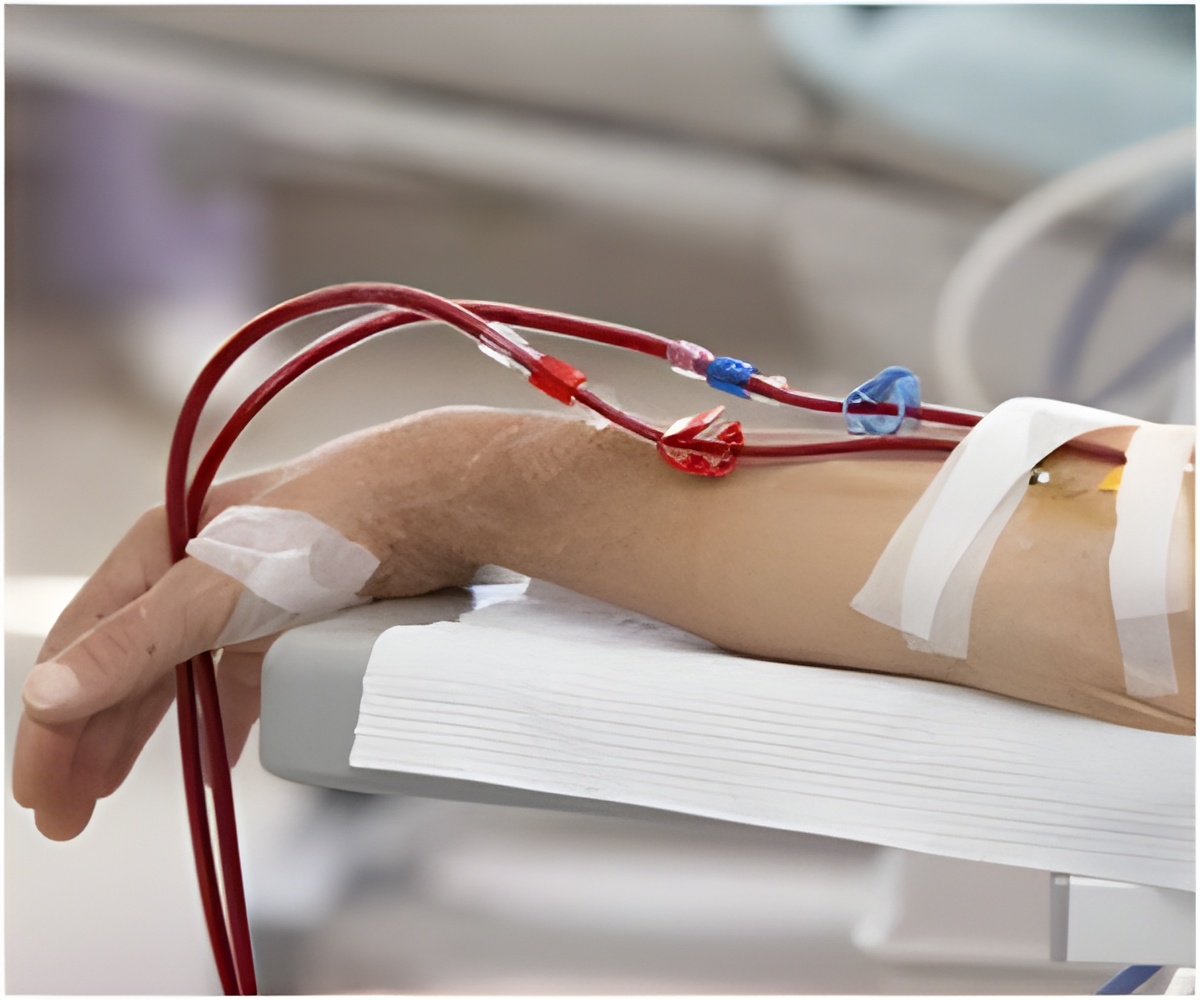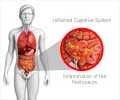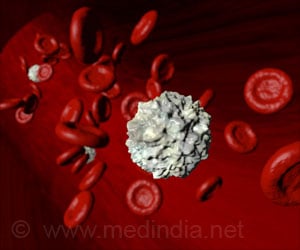Researchers should focus more on the most important outcomes and findings which are important to patients while doing trials on peritoneal dialysis

TOP INSIGHT
Trials on peritoneal dialysis should reveal the outcomes and findings that are important for patients and their families helping them to make informed decisions about their treatment.
Read More..
To identify priorities for outcomes in kidney failure patients on peritoneal dialysis and their caregivers, Karine Manera, MIPH (University of Sydney and The Children's Hospital at Westmead, in Australia) and her colleagues conducted focus groups with 81 patients and 45 caregivers from Australia, the United States, and Hong Kong.
The 10 highest ranked outcomes were peritoneal dialysis infection, mortality, fatigue, flexibility with time, blood pressure, peritoneal dialysis failure, ability to travel, sleep, ability to work, and impact on family. These outcomes could be summarized as focusing on health, maintaining lifestyle, and self-management. Interestingly, mortality was ranked first in Australia, second in Hong Kong, and 15th in the United States.
"Research often only reports outcomes that are chosen by researchers and doctors, but may not report findings that are important to patients or their families. This study helps uncover which outcomes and findings are important for patients and their families to know about, so that research can become more relevant to its end-users and ultimately help patients and their families make informed decisions about their treatment," said Manera.
In an accompanying Patient Voice editorial, Jonathan Haydak of the Georgia Institute of Technology College of Engineering, who is a peritoneal dialysis patient, noted that it is easy for patient concerns to get lost in the sea of medical opinions that surround a topic such as kidney disease.
 MEDINDIA
MEDINDIA

 Email
Email









